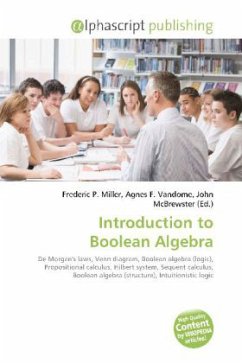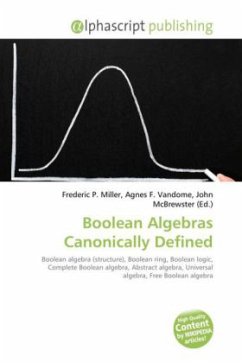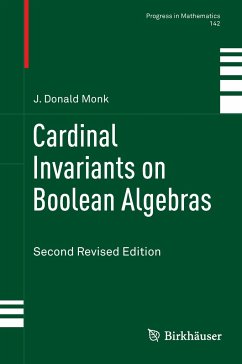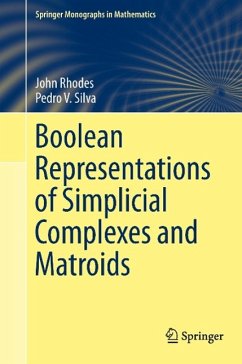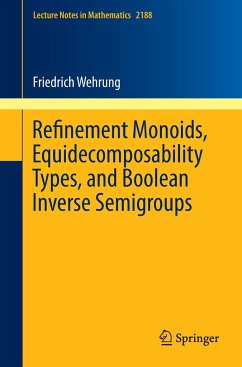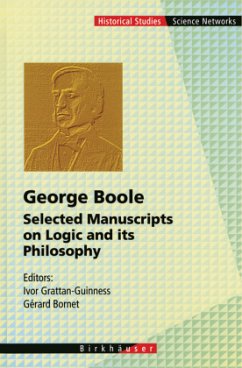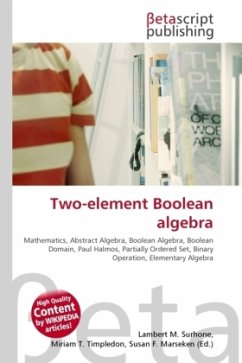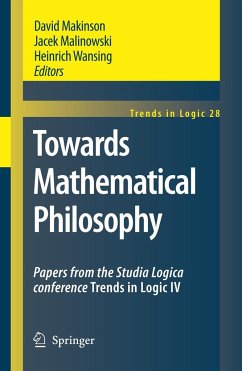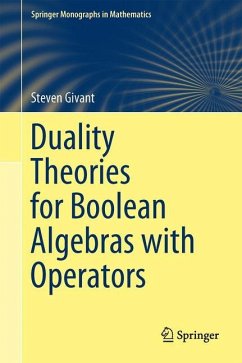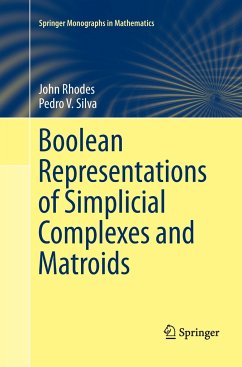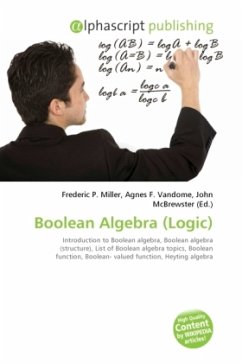
Boolean Algebra (Logic)
Versandkostenfrei!
Versandfertig in 6-10 Tagen
26,99 €
inkl. MwSt.

PAYBACK Punkte
13 °P sammeln!
Boolean algebra (or Boolean logic) is a logical calculus of truth values, developed by George Boole in the 1840s. It resembles the algebra of real numbers as taught in high school, but with the numeric operations of multiplication xy, addition x + y, and negation x replaced by the respective logical operations of conjunction x y, disjunction x y, and complement x. The Boolean operations are these and all other operations that can be built from these, such as x (y z). These turn out to coincide with the set of all operations on the set {0,1} that take only finitely many arguments; there are 22n...
Boolean algebra (or Boolean logic) is a logical calculus of truth values, developed by George Boole in the 1840s. It resembles the algebra of real numbers as taught in high school, but with the numeric operations of multiplication xy, addition x + y, and negation x replaced by the respective logical operations of conjunction x y, disjunction x y, and complement x. The Boolean operations are these and all other operations that can be built from these, such as x (y z). These turn out to coincide with the set of all operations on the set {0,1} that take only finitely many arguments; there are 22n such operations when there are n arguments. The laws of Boolean algebra can be defined axiomatically as certain equations called axioms together with their logical consequences called theorems, or semantically as those equations that are true for every possible assignment of 0 or 1 to their variables. The axiomatic approach is sound and complete in the sense that it proves respectively neither more nor fewer laws than the semantic approach.



